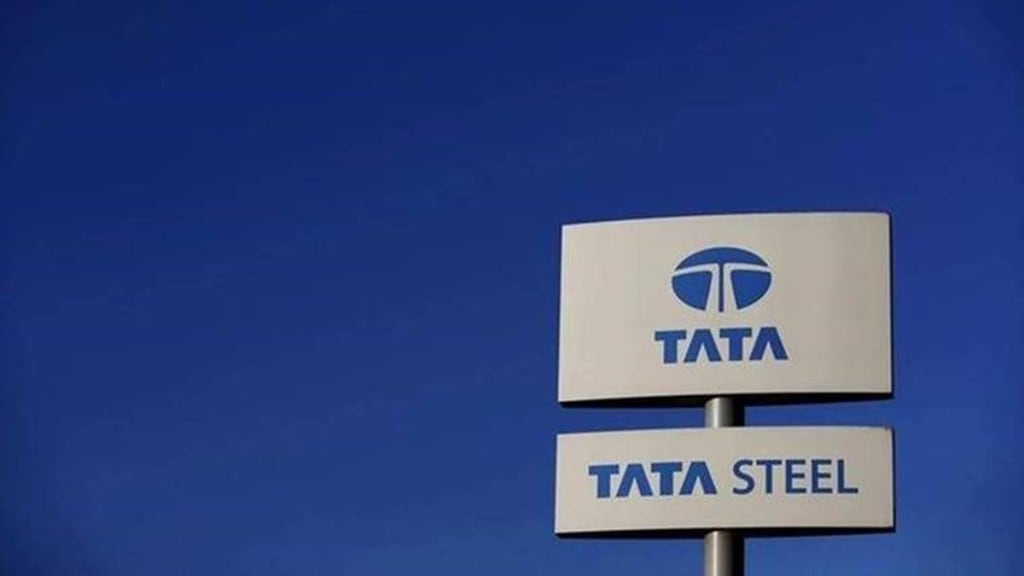Tata Steel has lined up a 7-7.5 million tonne (MT) capacity expansion pipeline across its Indian operations, with projects advancing through planning, engineering and approval stages, the steelmaker’s management said during the earnings call for second quarter of FY26. The company said the brownfield nature of this pipeline allows faster execution once clearances are secured and board approvals are obtained.
The ramp-up at Kalinganagar remains central to the growth plan. “Kalinganagar is currently running at 7 million (tonne per annum) and it can go up to 8 million (tonne per annum),” TV Narendran, MD and CEO, Tata Steel, said.
At its Neelachal facility, the company is awaiting final environment and forest clearances. Engineering and planning work is advanced, and management reiterated that post board approval execution would take three to four years.
The firm had earlier said that it prefers to take expansion projects to its board after getting the required environmental and regulatory approvals to aid quicker execution.
Narendran said the site could add 2.3 MT annually once clearances permit higher utilisation of the existing facilities. Its Ludhiana electric arc furnace project remains on track for commissioning next year, adding 0.8 MT. The company is also pursuing incremental volumes from Gamharia.
On Meramandali, the steelmaker highlighted ongoing work to unlock additional throughput. “We are also looking at some debottlenecking further in Meramandali,” Narendran said. This is part of a larger brownfield sequence that includes eventually taking the site from 5 MT to 6.5 MT and later to 10 MT.
Management underscored that across Kalinganagar, Neelachal, Meramandali, Ludhiana and Gamharia, a clearly structured pipeline is already under preparation.
In Europe, Tata Steel Netherlands continues to benefit from improving sentiment following recent EU protection measures. Narendran said, “imports have stopped coming in anticipation of this,” adding that the restocking cycle should aid performance from the fourth quarter. He said these policies support long-term competitiveness by ensuring steel destined for Europe is produced within the region.
The firm’s UK business, however, remains under pressure due to cheap imports and soft domestic demand. “The spreads at this point of time makes it very difficult for any amount of positive Ebitda,” Koushik Chatterjee, CFO, Tata Steel, said.
“UK remains a very vulnerable market as the import quotas of steel across several product grades are higher than the total consumption of the country, making it very open to cheap imports,” he added.
Narendran stressed that without government action, the firm will find it difficult to get Ebitda breakeven by Q4, even though Tata Steel has delivered the planned fixed-cost reduction.
On cost transformation, Chatterjee said the programme delivered more than Rs 2,561 crores in quarterly improvements and remains on track across geographies.
